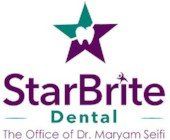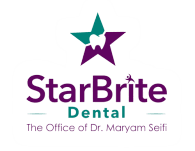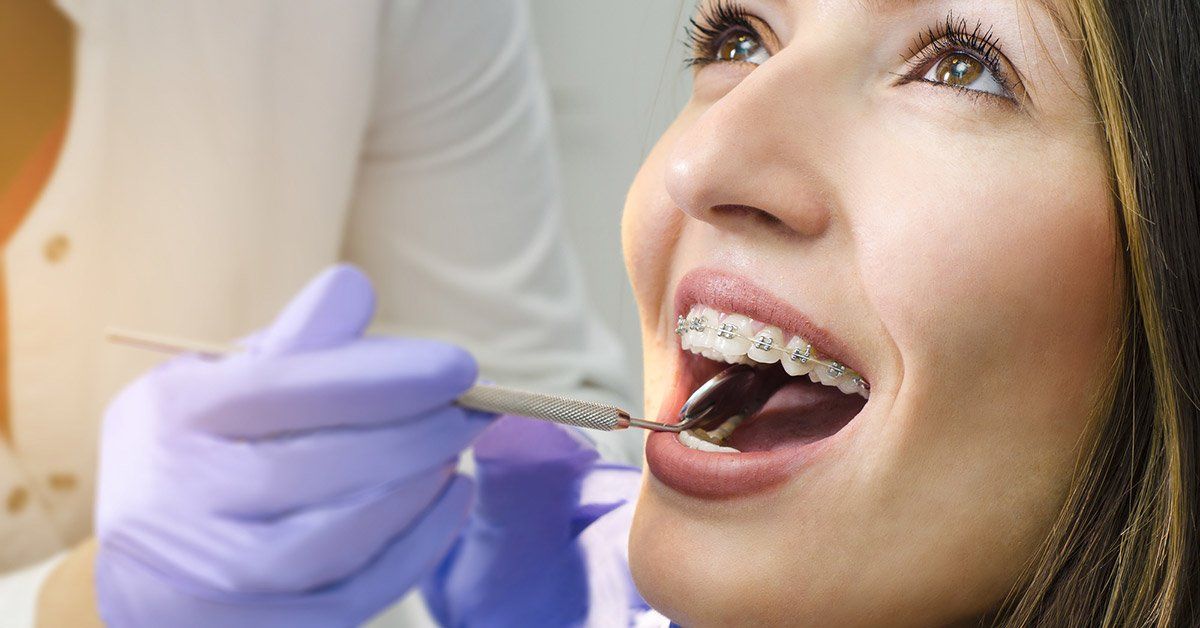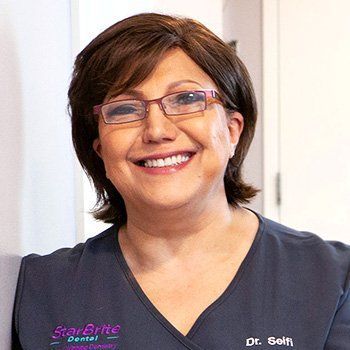How Do You Know If You Need An Alternative To Braces? A Complete Guide
Do you have problems with crooked teeth? Do you think braces are only for children and teenagers? Did you know that 20% of people who get braces are over the age of 18?
You may wonder if those few crooked teeth are that big of a problem. As you read this article, you will learn that misaligned teeth can play a role in your general health. So, how do you know if you need an alternative to braces?
Keep reading to learn about the key signs to look for when deciding to align your teeth.
Causes and Risk Factors of Tooth Misalignment
When the teeth aren’t properly aligned, this can affect your jaw position. This can cause problems with your lips, tongue, cheeks, and muscle tissue. Pressure from misaligned teeth may lead to tooth loss and bone disease as well.
The medical term for teeth misalignment is “malocclusion.” This increases your risk of developing cavities and gum disease. If your upper front teeth (incisors) stick forward, there’s also more risk of damage due to an accident.
When your teeth don’t line up properly, especially your back teeth (molars), it changes your bite. This affects your jaw joint resulting in jaw pain, clicking or popping, or even locking of the jaw. Some people with jaw joint problems can't fully open their mouths.
Abnormal alignment causes grinding on the teeth because they don’t meet properly. Often, the jaw slides to one side as the teeth attempt to align.
How Do You Know If You Need An Alternative To Braces?
Do you wish to have a straighter smile and weren’t able to get braces as a child? Do you only have one tooth that’s out of place? Or, have you noticed any of the above problems with your bite or jaw?
So, how do you find out if you need a solution to remedy these issues?
When considering if you need to see a dentist about an alternative to braces, decide if you have any of these problems:
- Trouble chewing
- Problems speaking
- Frequently biting your cheek
- Trouble breathing
- Jaw pain
- Feel self-conscious about how your teeth look
Some people had braces as a child, but their teeth have shifted. Other individuals need a solution other than braces to help with structural or skeletal problems that develop.
Your dentist will determine if the malocclusion is contributing to tooth decay, gum disease, or jaw problems. These factors will guide their recommendation for a solution other than braces.
Treatment for malocclusion may involve removable appliances. Today, there are several approaches used by dentists to customize the treatment plan.
Do Braces Hurt?
A common concern for many people is, "Do braces hurt?" The first answer is that getting the braces put on is not painful.
Remember that the goal of braces is to move your teeth into the correct position. As the teeth move, you will feel discomfort. This soreness may last a few days to a week.
Each time your wires are tightened or you get a new set of aligners, you may have soreness as your teeth move. There are many actions you can take to relieve this discomfort if you already have braces.
- Rub oral anesthetics, like “teething gel”, on your gums and sensitive teeth
- Take over-the-counter pain medicine one hour before your orthodontist appointment
- Use over-the-counter pain medicine to relieve discomfort according to package instructions
- Ice packs and cold water or food help to decrease swelling and numb your mouth
- Eat soft foods to avoid pain with chewing and to prevent damage to the braces
- Use orthodontic wax on any part of the braces that rub on your cheeks, lips, or gums
- Warm salt rinses can help heal any sores or cuts from the braces
- Gentle, circular massage of your gums helps to relax swollen gums
- Practice good dental hygiene to prevent tooth decay or gum disease from food stuck in the braces
The important thing to remember is that the discomfort will only last a short time. You will learn what works best to relieve your soreness. Each visit brings you closer to your final goal. If you don't currently have braces, there are other solutions your dentist will recommend.
Connection Between Dental Health and General Health
Did you know that oral health is vital to your total body health? The WHO (World Health Organization) estimates that about 3.5 billion people have oral diseases. Contributing factors include high-sugar diets and tobacco and alcohol use.
The following health conditions have a causal link to poor oral health.
Cardiovascular Disease
Periodontitis means gum swelling caused by a bacterial infection. The gums have many blood vessels. Bacteria in the bloodstream can travel to arteries throughout the body including the heart.
Bacteria cause the inner artery walls to thicken and narrow which blocks blood flow. The medical term is atherosclerosis and increases heart attack and stroke risk. Endocarditis, swelling of the lining of the heart, can also occur.
Alzheimer’s Disease
Bacteria from gum infections can enter the brain through the bloodstream or nerve channels. A 2019 study identified a key pathogen in the brains of Alzheimer’s patients. This same bacteria is found in people with chronic periodontitis.
Respiratory Infections
Gum disease can cause infections in the lungs such as pneumonia. The bacteria can travel from the mouth to the lungs during breathing. People who have COPD, scarred lungs, or use alcohol have an increased risk.
Diabetic Complications
Diabetics often have a decreased immune response. Thus, they're more susceptible to gum infections. Swollen, infected gums make it harder to control blood sugar levels and symptoms.
High sugar levels can cause periodontal disease and cavities. This increases the risk of infections in an immunocompromised individual.
Ensure Dental Health Before Getting Any Alternative To Braces
Before getting any alternative to braces, your dentist will want to make sure that you have good oral and general health. Infections or other medical problems can interfere with achieving the desired orthodontic outcome.
There’s a profound inter-connectivity between the mouth and your entire body. Thus, the dentist will correct gum disease, cavities, and tooth root problems before starting braces.
Are You Looking for a Dentist?
This article has provided answers to the questions, “How do you know if you need an alternative to braces?” and “Do braces hurt?” You also learned about the importance of general health before beginning orthodontic treatment. At StarBrite Dental in Rockville, MD, Dr. Seifi begins with a general wellness check.
You'll benefit from Dr. Seifi’s 29 years of experience as an award-winning general and cosmetic dentist . She offers alternatives to traditional braces as well as other techniques for straightening teeth. Contact us today to ask questions and schedule an appointment.



